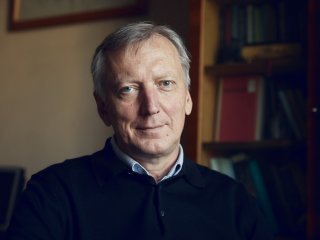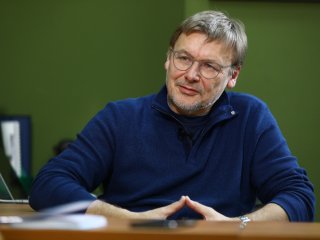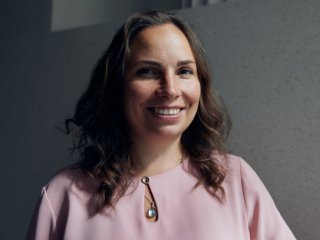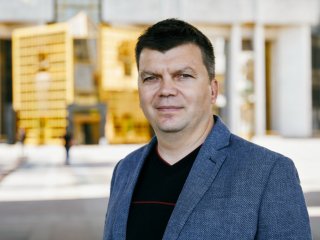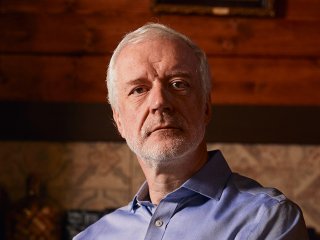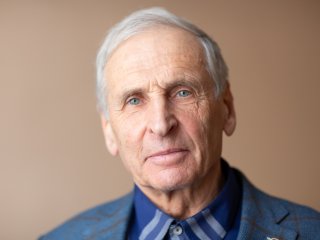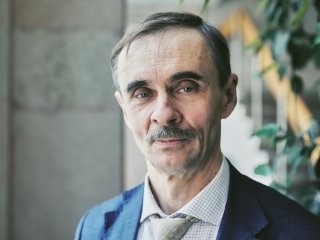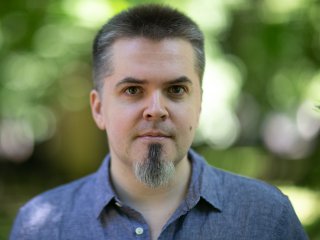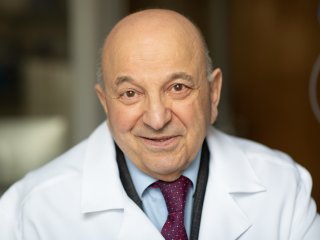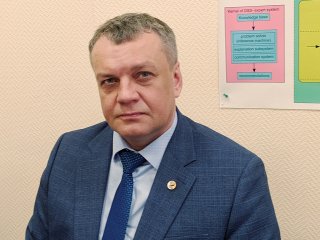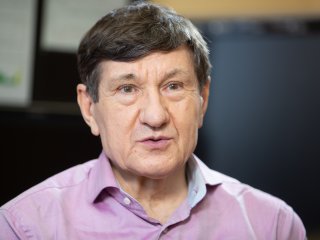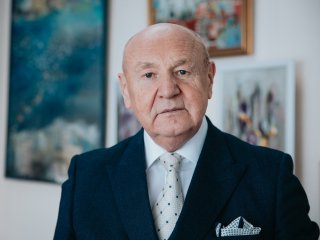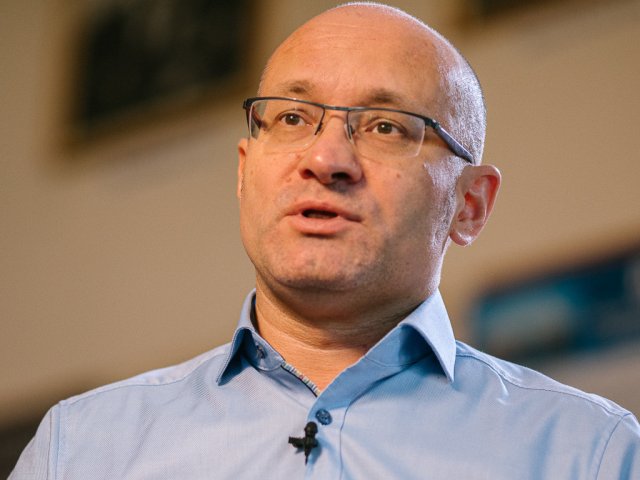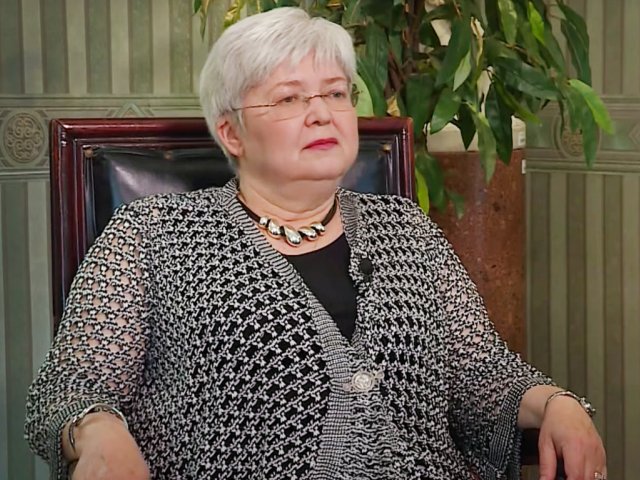List of partner`s “Russian Academy of Sciences” materials, page #14
An interview with Andrey Shevelkov, Corresponding Member of the Russian Academy of Sciences (RAS), head of the Inorganic Chemistry Subdepartment, the Department of Chemistry, Moscow State University (MSU), about new chemical elements, anomalous superconductors, and high-temperature superconductivity
How is traumatic memory formed, can negative experience affect the offspring? What unusual things can our brain do, and do we have a chance to recover from psychological traumas on our own? Academician and director of the Institute for Advanced Brain Studies, Lomonosov Moscow State University (MSU), Konstantin Anokhin answers these and other questions.
The atomic clock that the modern satellite navigation can hardly manage without has a lot of non-obvious applications: from a search for dark matter and a drift of fundamental constants to Earth’s gravitational potential mapping. Head of the Complex Quantum Systems Optics Laboratory of P.N. Lebedev Physical Institute of the Russian Academy of Sciences Ksenia Khabarova has told the Scientific Russia portal about the purpose of the atomic clock and its working principle
Observations and calculations show that the Milky Way will collide with its nearest neighbor, the Andromeda Galaxy, in about four billion years. What happens to galaxies during a merger? What effect will the future merger have on the Solar System?
The scientist discusses the mathematical view on the structure of our reality, the weirdness of the quantum world, and other themes in his interview with Scientific Russia
What crops are most suitable for growing in zero gravity? What difficulties did scientists face when trying to grow vegetables and greens in space? What does the innovative Russian space greenhouse look like?
Scientists of the Joint Institute for High Temperatures (JIHT) of the Russian Academy of Sciences (RAS) have conducted a unique experiment that allows studying the emergence of quantum effects in our macrocosm in detail
Junior researcher of the Astro Space Center (ASC) of the Lebedev Physical Institute of the Russian Academy of Sciences (LPI RAS) Vyacheslav Avdeev describes the most unusual extraterrestrial oceans and the search for water on the closest planets and their moons
What prevents Russians from eating right? Can a diet be both healthy and affordable? How does a relatively new scientific area, anthroponutritiology, help to build customized diet plans?
What are the developments in smart agriculture today? RAS Corresponding Member Vyacheslav Yakushev explains in his interview
Vladimir Dmitrievich Kuznetsov, Doctor of Physical and Mathematical Sciences, Director of the N. V. Pushkov Institute of Terrestrial Magnetism, Ionosphere and Radio Wave Propagation of the Russian Academy of Sciences (IZMIRAN) speaks about the influence of the Sun on the Earth and about the work of the IZMIRAN Space Weather Prediction Center.
Academician Gennady Sukhikh, Director of the National Medical Research Center for Obstetrics, Gynecology and Perinatology Named After Academician Vladimir Kulakov, on genetic research, pandemic challenges, and the immensity of evolution
Information provided by the Scientific Russia News Agency. Media outlet’s registration certificate: IA No. FS77-62580 issued by the Federal Service for Supervision of Communications, Information Technology and Mass Media on July 31, 2015.
Partners
Show allOur mobile application
Social networking
Recent
Popular
Lectures
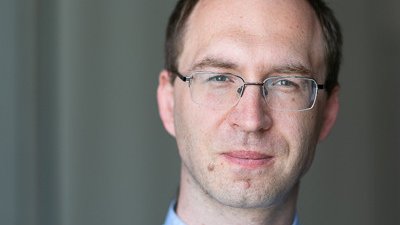
The aquatic ecosystems of the dry land intensively emit greenhouse gases. How and why? Doctor of Physical and Mathematical Sciences Viktor Stepanenko tells us about it
